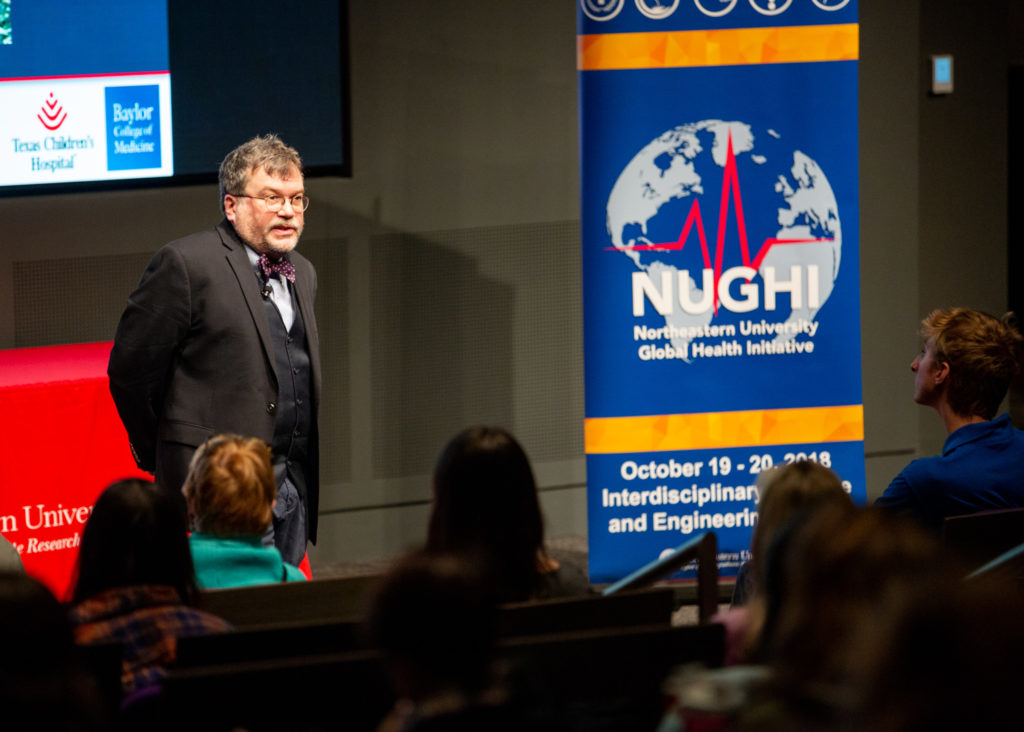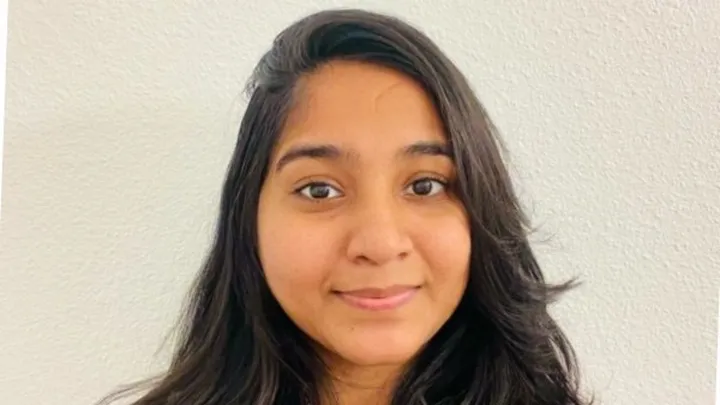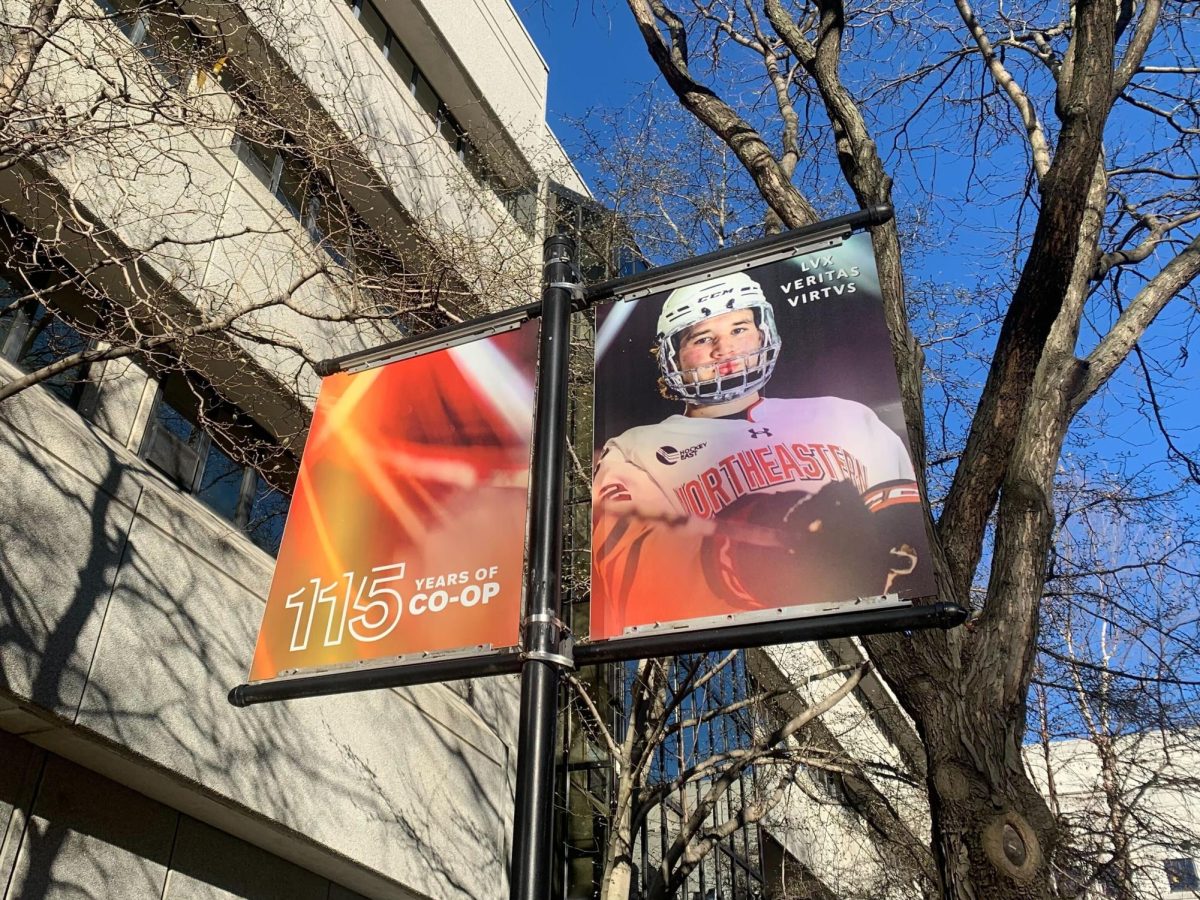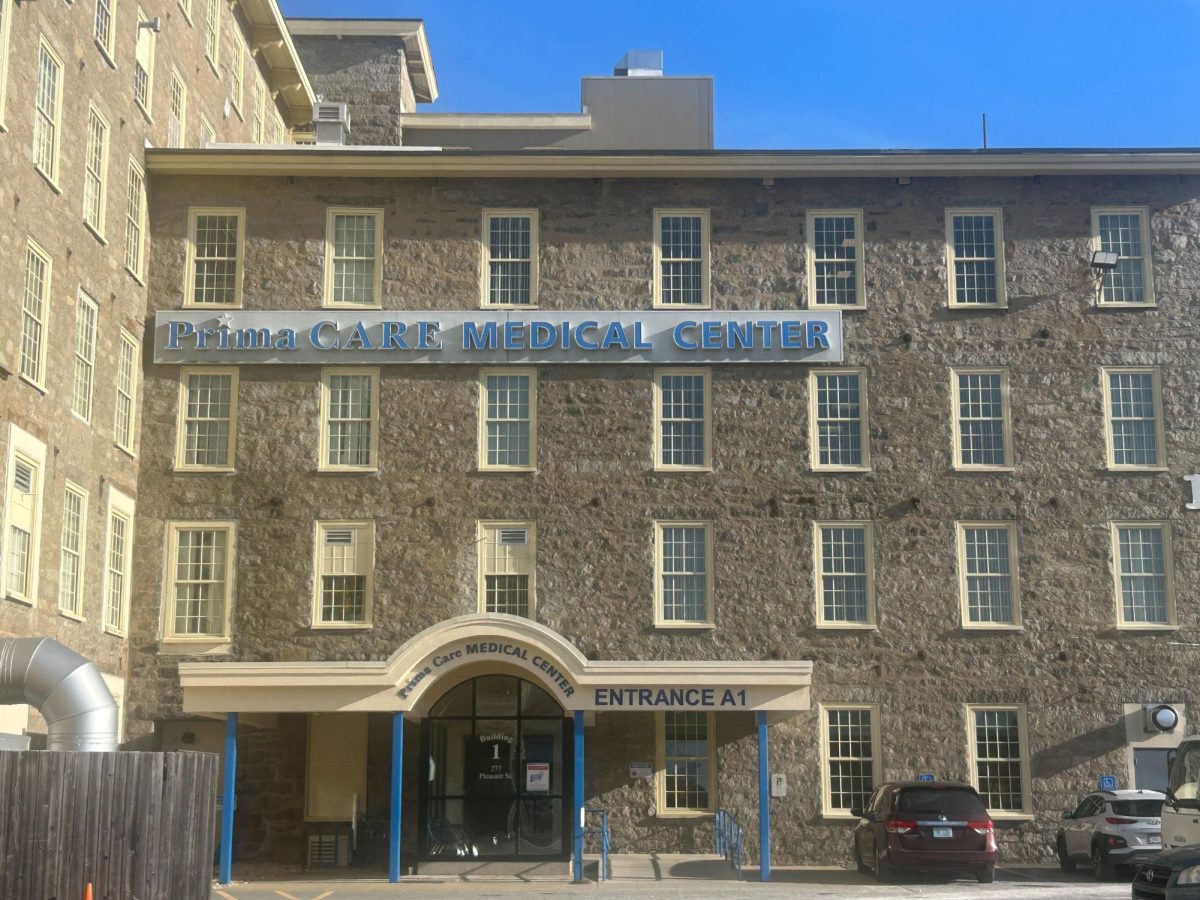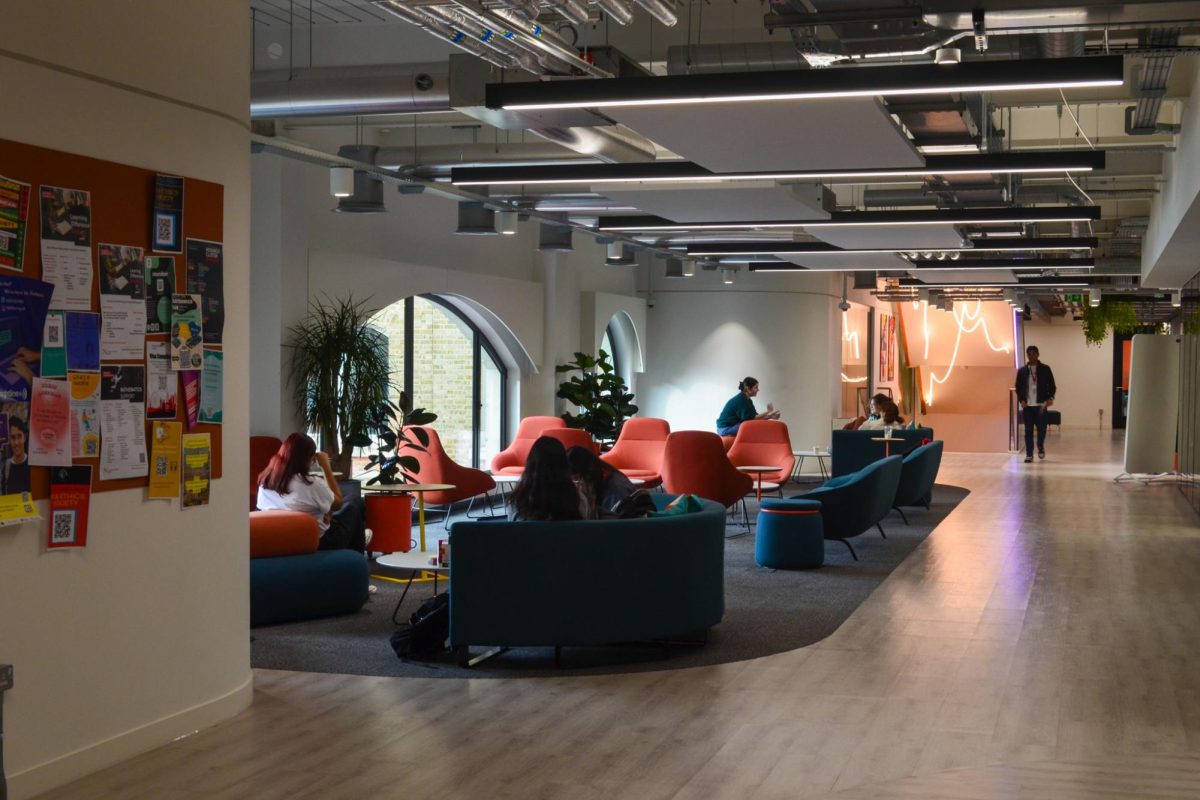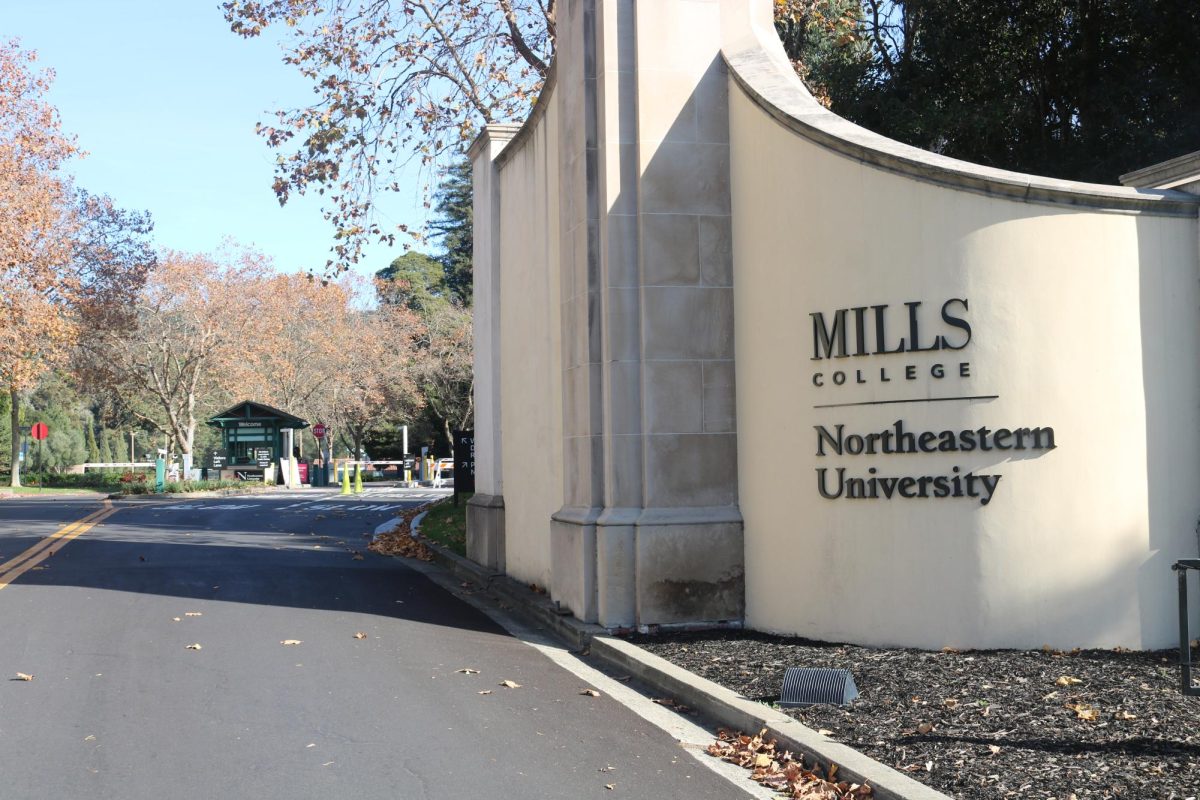By Lynn Zamechek, news correspondent
Northeastern held its first student-led global health conference Saturday and Sunday, featuring expert speakers from a wide range of disciplines who discussed principles of global health.
Various club-tabling activities, interactive workshops and games filled the Interdisciplinary Science and Engineering Complex, or ISEC, as part of the Northeastern University Global Health Initiative, or NUGHI. Keynote speakers educated students about innovations in global health, antimicrobial resistance and pandemic preparedness, access and equality and how students can get involved in global health.
Erika Veidis, a keynote speaker and outreach manager for the Planetary Health Alliance, discussed the rapid environmental changes around the world and their dire impact on human health.
“These issues are going to be the issues that our generation is going to have to contend with and I think it’s really important to get people engaged from early on — to recognize the state of the world and to think critically,” Veidis said. “It’s important to emphasize to people that no one has this figured out yet, so we have to work together to conquer the most pressing challenges of our time.”
Hugh Shirley, a third-year biochemistry major who helped organize the event, hopes NUGHI can showcase the wide range of issues that falls under global health and will engage students in some aspects.
“One of the ways that we wanted to help students get involved was to make the conference an environment where students can get to know the speakers as people rather than as figures,” Shirley said. “We incorporated a whole section of the conference to global health games which is a two hour period for students and speakers to interact in a way that isn’t a workshop. It’s fun and competitive.”
Many different workshops were held as part of the conference. In a session called “Student Leadership and Advocacy,” students learned how to make budget and policy changes at the level of the U.S. government.
Other workshops included “Planetary Health For People and The Planet,” which covered how climate change affects global health. Also, a workshop called “Pathways to a Career in Global Health” explored the ways to build a career in global health.
The keynote speakers all echoed and stressed the need for engagement amongst college students and other young adults. Alessandro Vespignani, a physics professor, said the negative effects of epidemics to global health is a huge issue facing the younger generations.
“What inspired me to speak at this event is talking to the next generation of people,” Vespignani said. “You guys are the future of global health.”


